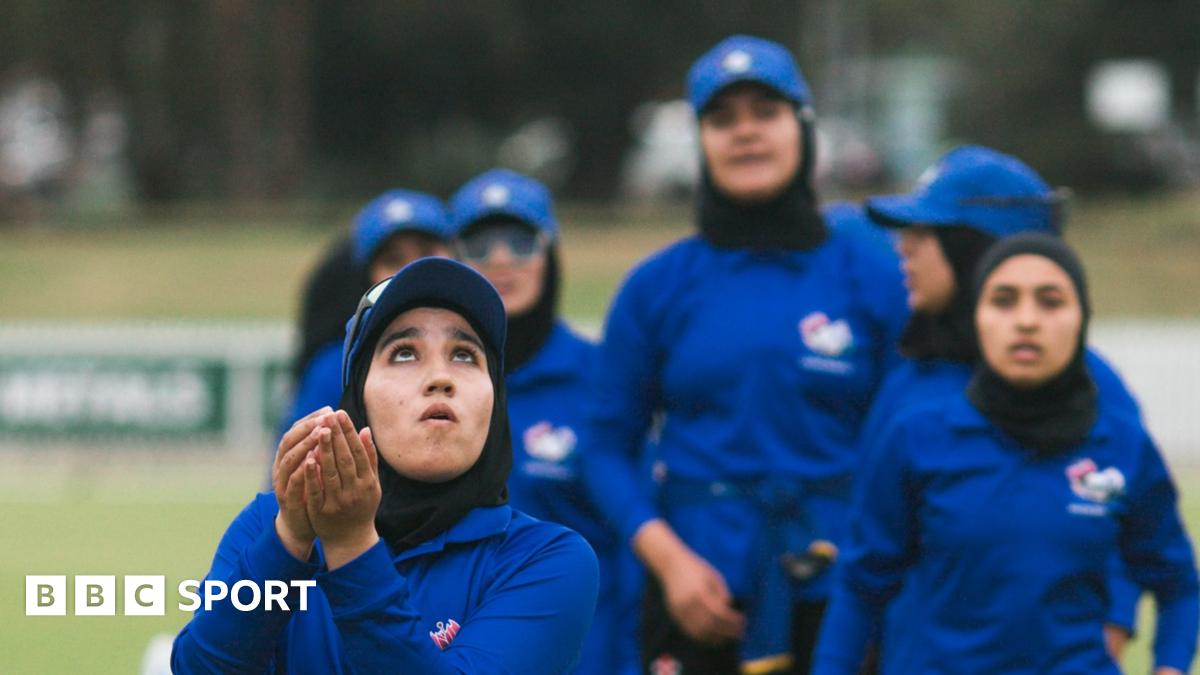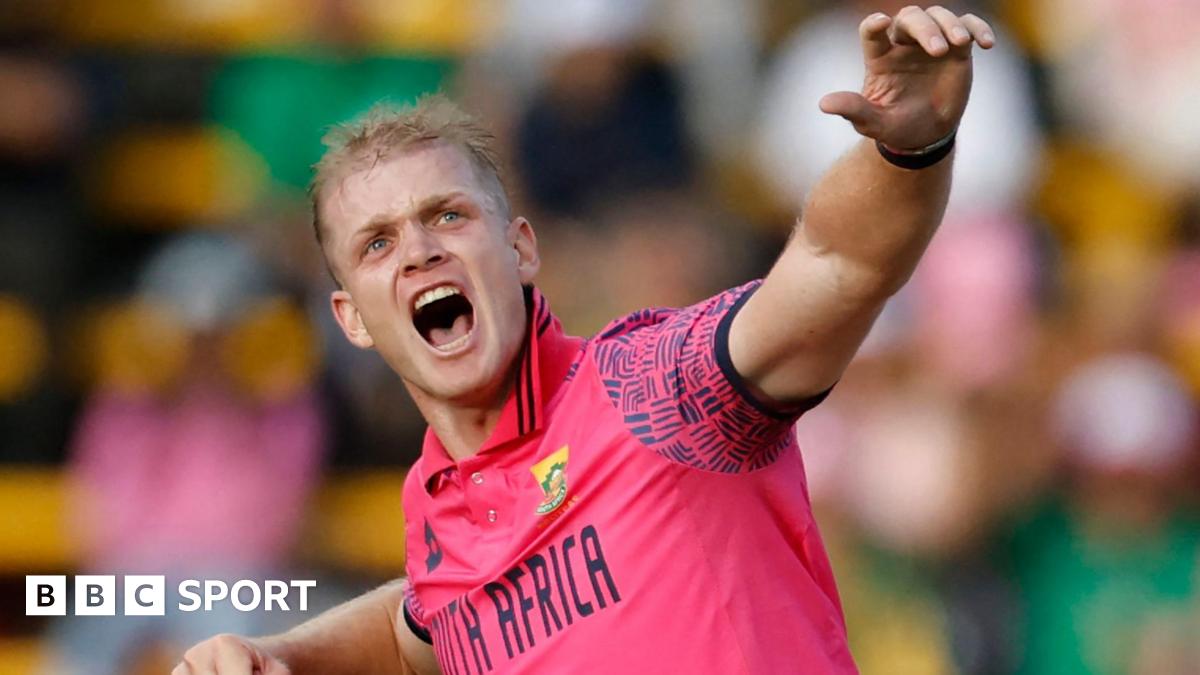Afghanistan women’s cricket: The refugee team who will not be silenced

Thousands of miles away, Mel Jones was sitting in quarantine in an Australian hotel during the Covid-19 pandemic when she received a message from an Indian journalist asking whether she had heard about the Afghan cricket team’s situation.
The players had looked to the Afghanistan Cricket Board (ACB) for assistance after the Taliban took over but received none.
On their own, they were terrified under the rule of the hardline Islamist group.
The journalist put Jones in touch with one of the players and she asked if there was anything she could do to help. The player replied to say that all her team-mates and the backroom staff needed to get out of Afghanistan.
Jones, who won two World Cups with Australia, then went through her contact book and brought volunteers on board, including her friend Emma Staples, who used to work for Cricket Victoria, and Dr Catherine Ordway, who had helped to evacuate Afghan women footballers.
Creating a tight network of people who could help, including on the ground in Afghanistan, they organised visas and transport to eventually get 120 people out of the country, mainly into Pakistan and then on military flights to Dubai. From there they flew to Melbourne or Canberra on commercial flights supported by the Australian government.
“I don’t think I understood the enormity of what we were doing at the time,” Staples said. “We were told that we may not be able to save everyone.
“For me, it was co-ordinating what we joke about now as being a backyard immigration service. It was filing out visa documents, passport documents and trying to transfer money to Afghanistan for the girls to purchase passports.
“It was six weeks of gathering information from the family members, trying to get identification, but we just had this extraordinary spreadsheet that detailed everybody.”
She said communication with the players was “really challenging” but “nothing Google Translate couldn’t fix”.
“We giggle now about the language barrier, I got called different names such as ‘delicious’ and some other odd things,” Staples recalled with a smile.
“It all happened so quickly for them that I don’t think they had time to think about what they’ve had to leave behind. I have no doubt that some of them are going through survivor’s guilt.”
Jones, 52, who now works as a cricket broadcaster, said there were moments when it was not clear that the mission would succeed.
“We had to fight the system when everyone kept saying it was impossible. Things were happening minute to minute,” Jones said.
“Without sounding flippant, there were moments that felt like you were in a Jason Bourne movie,” she said, recalling trying to commentate on television while also messaging a player who was struggling to find the right car that would take her to safety.
“She couldn’t find the car and was going up to different people and I had to warn her you can’t do that [for safety reasons], but then I had another commentary stint so I had to say ‘don’t do anything until I get back!’.
“That was the fearful part for me, just making sure they made the right decisions.”
Related
‘Listen from one ear, ignore from the other’: Former India…
India's Rohit Sharma and Mohammed Shami (AP Photo) NEW DELHI: Former wicketkeeper-batter Syed Kirmani has expressed his opinion that experienced fast bowler Mo
India faces New Zealand in budding rivalry at Champions Trophy…
State AlabamaAlaskaArizonaArkansasCa
ICC and Unilever announce landmark partnership on International Women’s Day…
The two-year partnership, kicking off at this year’s Women’s Cricket World Cup in India and running until the end of 2027, marks the world cricket governing
IPL 2025: Mumbai Indians sign Corbin Bosch as replacement for…
Mumbai Indians have signed South Africa all-rounder Corbin Bosch as a replacement for his injured countryman Lizaad Williams for this year's Indian Premier Leag











